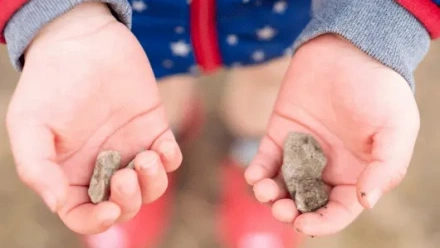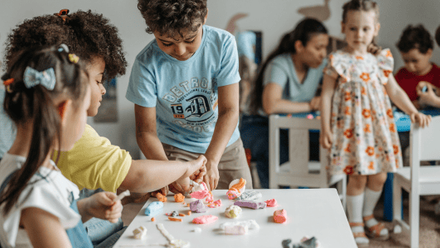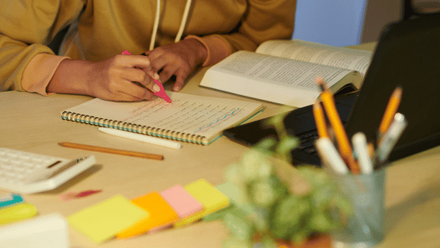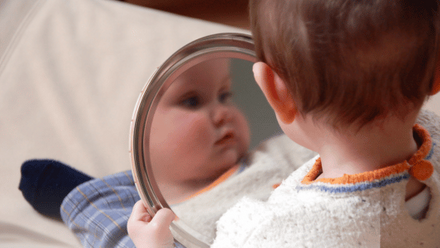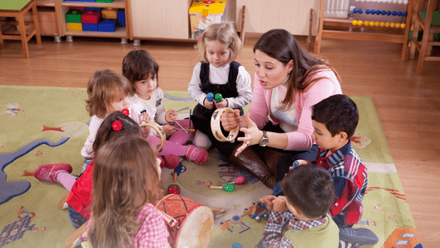Finding your forte: recognising personal strengths
Career progression, whether to branch out into a different role that utilises new skills, build on your current knowledge to better your practice or simply to understand what you can bring to a team, relies a good part on our strengths.
Strengths can be tricky to identify when thinking about ourselves. This handy learning workout aims to support you with finding your forte and highlighting the skills you possess to use throughout your career and beyond.
What are strengths?
Strengths are the things we do well, the qualities we possess that are beneficial not only to ourselves but often to others as well, particularly with regards to the strengths we identify within a professional context. Strengths can be identified through a variety of ways, including the skills we possess, our personalities and the values we hold close to us. Some come naturally, others are developed (like a habit to be cultivated) and some have to be learnt from scratch:
- personality traits, such as a strong work ethic or loyalty
- practical skills, such as being able speak an additional language or draw calligraphy
- transferrable skills, such as communication skills or time management.
Identifying our own strengths
Self-Reflection
Who knows us better than ourselves? Sometimes, thinking about our own practice can be a challenge because we tend to be our own worst critics, examining our actions scrupulously, down to the finest detail. Try to put a positive spin on this practice, thinking about past projects and tasks where you felt most competent and successful.
What skills did you use? What achievements are you most proud of?
The things we are good at are often things we enjoy doing or have had a natural disposition for from a young age. Think about the things you enjoy doing and how naturally they come to you. This might be a skill you have learnt, such as playing a sport or something you identify more with based on the feeling it gives you, such as taking satisfaction from helping others.
Ask others!
Our professional personality is often very different to how we may exhibit ourselves in our personal lives, so our colleagues are in a good position to hold the mirror up to your specific strengths at work. Use staff supervisions as an opportunity to ask your team about where you shine. This provides you with a different perspective on your professional identify and honest feedback also allows you to find ways to improve in your practice as well.
360 degree feedback is a form of feedback that draws insights from a broader range of people you work with in a variety of contexts, regardless of your role and their position in relation to you.
Explore personality traits
As we’ve mentioned before, our strengths often align with other personal attributes which is why our personality traits are a good avenue into thinking about our strengths. The Myers Briggs personality test is a popular and comprehensive test to take that explores our attributes and aims to categorise individuals into one of the 16 types. Whilst the validity of the test itself is often debated, it is shown to be a popular starting point for thinking about career progression and is used widely around the world.
Key takeaways
Our strengths are often our motivators, the things that keep us going when things get tough because they help us to see the value we bring to our community, whether in the workplace or beyond.
Recognising our strengths not only helps us identify weaknesses that can be improved upon but also gives us a good idea of how best we can be utilised in a team, drawing upon the skills of everyone to maximise potential for all.
Being able to identify strengths is also a good way to show entire self-awareness which can be extremely valuable for implementing into future job applications. It makes us aware of what we can bring to the table and just how valuable we are to the team!
Activity: reflective scrapbooks
Reflective scrapbooks are a great way to collate lots of thoughts and track our journey over time. When it comes to a career in early education and care, a reflective scrapbook can be used to pin down specific moments in our busy day and take time to think about what went well, what could have been done better and where this leads us next.
Some ideas might include…
-
Copy a week’s planning or a session you’ve really enjoyed setting up. Put it in your scrapbook and highlight what you enjoyed about the time spent, what went well considering the initial aims. Did something surprise you about this interaction? What might you have done differently?
-
Why not take a look at a member resource you’ve found particularly interesting? An account of what you have learnt, maybe an extension of the reflection you have done within your CPD (Continuing Professional Development) tracker, could help to mind map future uses of your learning in a dynamic way.
-
Write a letter to your future self in the scrapbook, either sticking in an envelope to be opened at a later date or by writing it open on the page. Explore what you hope to achieve in the next year, what you’re proud of right now and what you plan to do. When the time comes, return to your letter to reflect on how far you’ve come.

